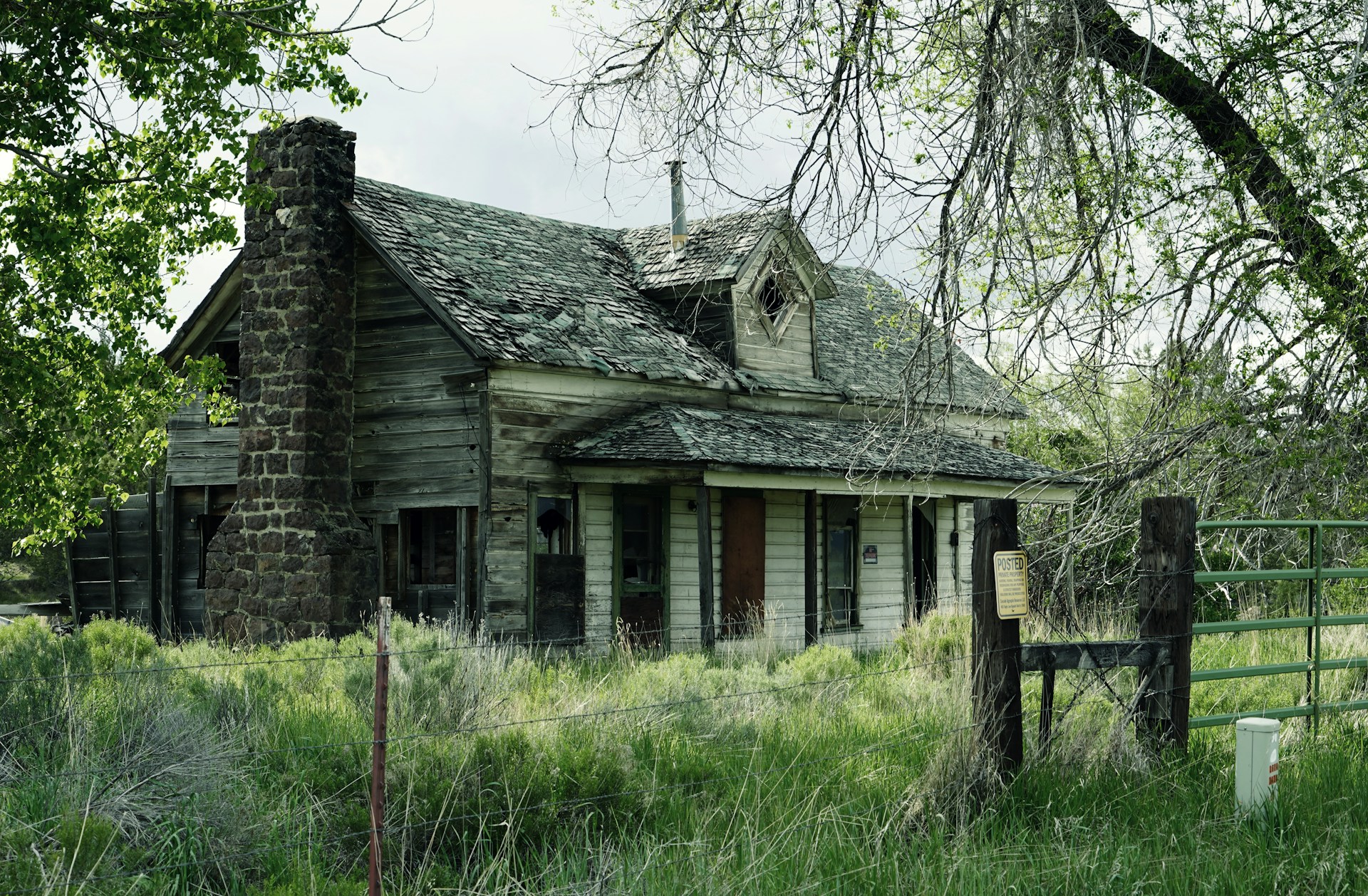

Question: How Long Before Property is Considered Abandoned in Canada?
Answer: How long before property is considered abandoned in Canada varies by province. Real property (land) is generally not considered abandoned, though provincial laws regarding tax sales and adverse possession may apply after extended periods.
Understanding Abandoned Properties
Determining when a property becomes legally “abandoned” involves a complex interplay of factors. There’s no single, definitive timeline that applies in every situation. “How long before property is considered abandoned in Canada?” is a frequent question, and the answer requires a careful examination of various legal principles and the specific circumstances of each case.
Possession is Nine-Tenths of the Law: Adverse Possession
One route to claiming an abandoned property is through adverse possession. This legal doctrine allows someone to gain ownership of land they have occupied openly, continuously, and exclusively for at least 10 years. The occupier must also demonstrate they treated the land as their own, without permission from the true owner. Successfully claiming ownership through adverse possession is challenging and requires meticulous documentation and adherence to specific legal criteria. Consulting a legal professional is crucial to this complex process.
Click here for more infomation on local Orangeville realtors
Related Article: Can You Claim an Abandoned House in Canada?
Related Article: All About Home Abandonment Laws
The Role of the Escheats Act
The provincial Escheats Act governs unclaimed or abandoned property, including real estate where the owner has died intestate (without a will) and no heirs exist. The property may also become subject to escheat if the owner has disappeared and their whereabouts remain unknown for an extended period. The government takes control of the property under this act. It’s important to note that the process under the Escheats Act is distinct from adverse possession or tax sales.
Exploring the Concept of Abandonment
The legal definition of “abandoned property” isn’t solely based on the duration of vacancy. Courts consider factors like the owner’s intention, the property’s condition, and any actions taken indicating an intent to relinquish ownership. A property left vacant for an extended period might raise questions of abandonment, but this alone doesn’t legally define it. Evidence like unpaid utility bills, lack of maintenance, and the removal of personal belongings can contribute to a finding of abandonment, but these factors must be considered within the broader legal context.
Practical Steps to Determine Property Abandonment
If you encounter a seemingly abandoned property, researching its ownership history through land registry records is the first step. This can reveal outstanding liens, tax arrears, or other encumbrances. Attempting to contact the registered owner, if possible, is also crucial. If the owner is deceased, researching probate records might identify heirs. These steps are vital before initiating any legal action, particularly regarding adverse possession. Consulting with a real estate lawyer is highly recommended before taking any steps.
Due Diligence for Real Estate Transactions
When considering purchasing a property with a history of vacancy, thorough due diligence is paramount. This involves not only verifying ownership but also assessing potential risks associated with its past. Title insurance can protect against future claims arising from unresolved ownership issues or other defects in the title. A lawyer specializing in real estate law can guide you through this intricate process and ensure you’re protected against potential legal challenges.
Conclusion
Determining property abandonment in Canada involves a complex legal landscape. While extended vacancy can be a contributing factor, it doesn’t solely define abandonment. Understanding concepts like adverse possession, tax sales, and the Escheats Act is important when dealing with potentially abandoned properties. Thorough research, due diligence, and consultation with legal professionals are essential to protect your interests and ensure a smooth transaction if you’re involved with such a property. “How long before property is considered abandoned in Canada?” remains a complex question best addressed through careful legal consideration.
Disclaimer: This blog post is for informational purposes only and does not constitute legal advice. It’s essential to consult with a legal professional for specific guidance regarding property abandonment situations. [ 1 ]
References
1. https://www.firstfoundation.ca/mortgage-glossary/abandonment/


